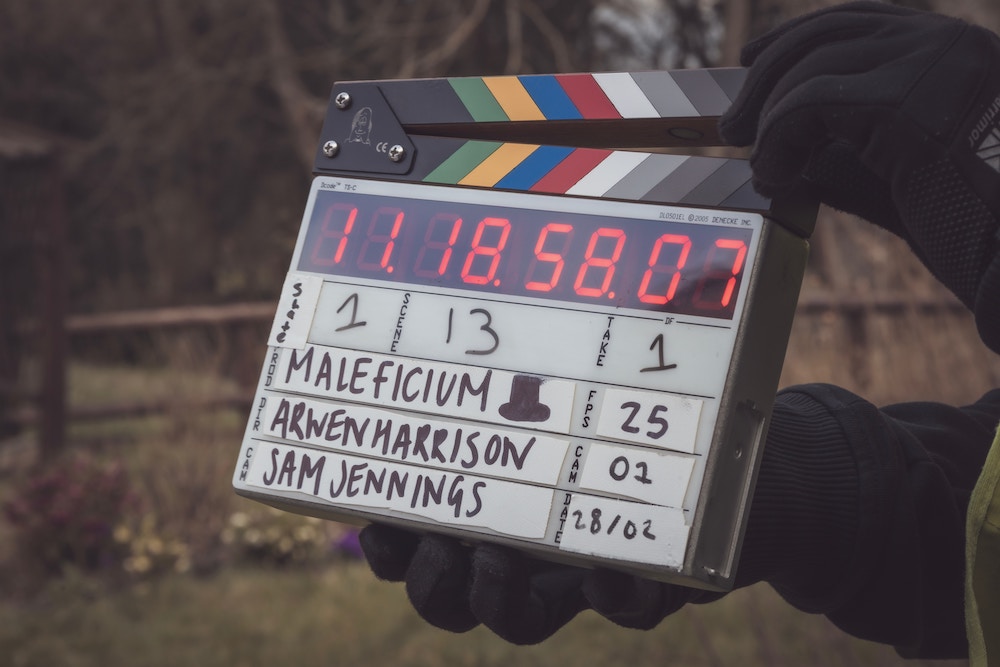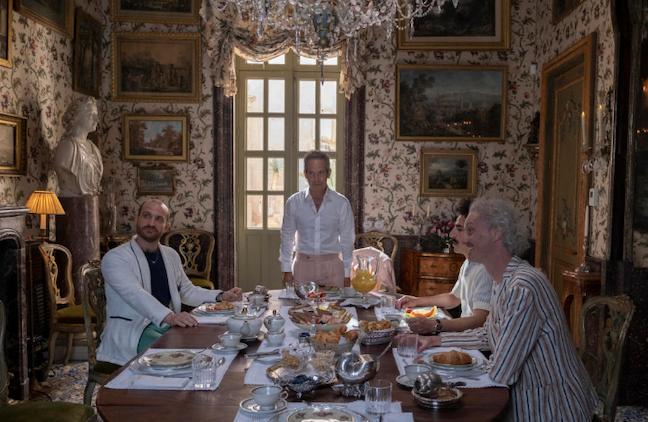Reading Lists
The Best Literary Adaptations of 2016
Amy Adams reads manuscripts. Amy Adams reads symbols. Hiddleston goes rogue. The OJ Trial dominates water coolers again. All the best literary adaptations from the year in TV & Film.

In an era of superhero mashups, Angry Birds, Hemsworths and boardgames-on-the-silver-screen, that delicate old relic — literature — might not seem like the hottest IP in Hollywood. But then each year, somehow, somewhere a producer or a hot young director with green-light cachet goes home to a hillside neo-Mediterranean villa, pours a glass of something stiff, and cracks open the latest Max Allan Collins novel or a collection of Ted Chiang stories, and through some dark alchemy of inspiration, screenwriting, double-entry bookkeeping, star power, union rates, overseas funding, and merchandise synergy, literature makes its way off the page and onto our beloved screens.
Now, with pedigreed clunkers like American Pastoral and The Girl on the Train, it might not be fair to call 2016 a banner year for literary adaptations, but there were some memorable successes. (Dammit, every year can’t bring us The Imitation Game! Yes, that won an Oscar for Best Adapted Screenplay. In 2014. Really. Go ahead and check. It beat out Inherent Vice.) This year saw more than its share of quality productions — stories of first contacts, last rites and whatever it is that’s going on in Park Chan-wook’s latest rom-com.
In the spirit of the season, and because it’s going to be a couple years before Barry Jenkins can turn Colson Whitehead’s The Underground Railroad into a limited series, we wanted to celebrate the year’s best literary adaptations.
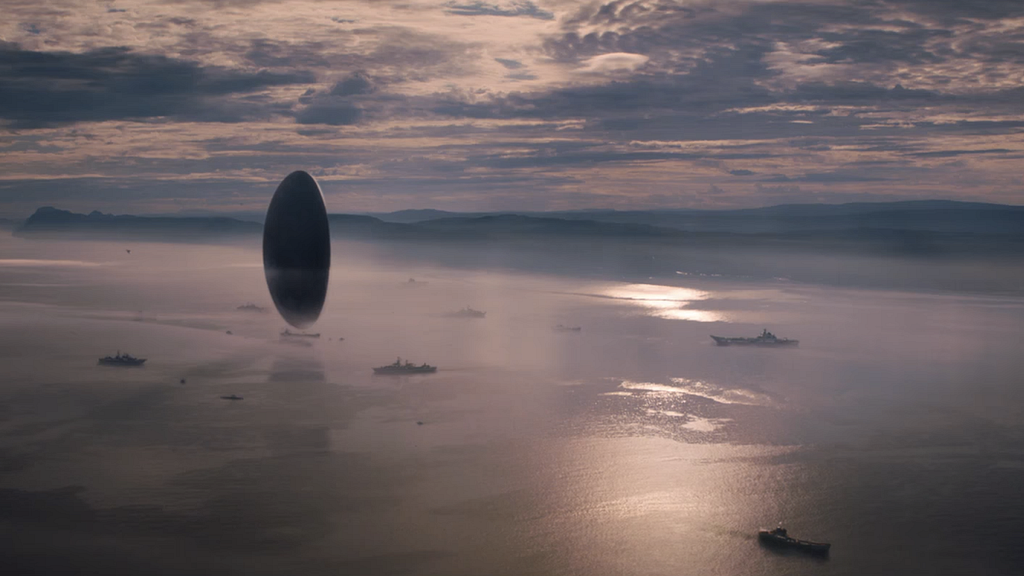
Arrival
Adapted from “Story of Your Life,” by Ted Chiang
It looks like 2016 might be remembered as the year Ted Chiang broke through from cult-favorite to Hollywood darling, with Arrival pulling in big numbers at the box office and looking poised to grab up end-of-year honors. Denis Villeneuve has to be near the top of any list of the most ambitious directors working today, and Chiang’s first contact story gives him all the room he needs to ponder and probe and brood on man’s fundamental nature. Amy Adams stars and there’s a hell of a good twist that your friends and colleagues want desperately to spoil. But best of all, Arrival, whatever its flaws, is that increasingly rare thing — motivation to go out to the theater.

The Night Manager
Adapted from The Night Manager, by John Le Carré
The six-part miniseries might just be the perfect form for John Le Carre flicks — enough time to think and to dwell on the banality of deception, but not so much time that Le Carré’s carefully crafted plots need be unspooled for the sake of a multi-season arc. Tom Hiddleston, well-known boyfriend of the Internet, was in his element as Jonathan Pine, poised and quick to smile and hell-bent on avenging a woman’s honor. Hugh Laurie got to show off his charm, too, of the slightly more evil variety, with the always superb Angela Burr hot on his trail. All that gun-running intrigue was served up with a healthy portion of travel porn — Cairo, Switzerland, and of course a stunning seaside villa in Mallorca. Of the recent Le Carré adaptations, only Gary Oldman’s Tinker, Tailor, Soldier, Spy and The Constant Gardener top The Night Manager. With any luck, AMC & BBC One will just option the entire oeuvre and put it into production. Who doesn’t enjoy a well-made spy thriller?
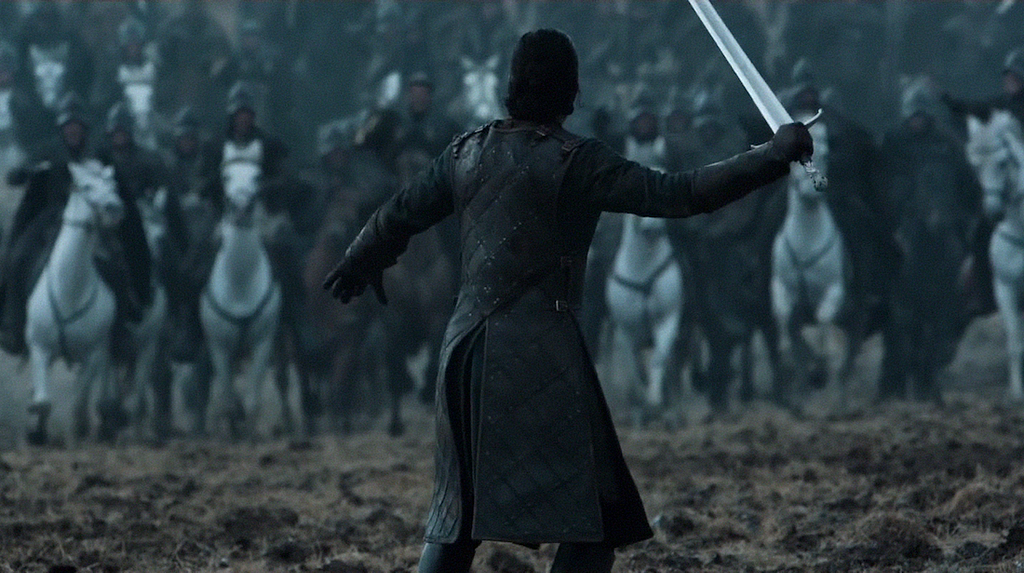
Game of Thrones
Adapted from…some obscure indie title, you probably haven’t heard of it…
The sixth season of Game of Thrones brought us to a pivotal moment in the annals of literary adaptation, when the biggest show in the world finally outpaced its source material. Sure, that guy at your office who’s read and re-read A Feast for Crows and A Dance with Dragons still had a few insights and theories that left your head spinning, but at a certain point we were all just speculating as [minor spoiler alert…] Jon Snow and Sansa were reunited, the Faith Militant cracked down on King’s Landing, and Daenerys, her dragons and the Dothraki were finally reunited. Benioff & Weiss were in fine form this season. Episode 9, “The Battle of the Bastards,” stands up against any piece of filmmaking in recent memory. And in terms of literary penetration into pop culture, Game of Thrones remains the undisputed king.

Luke Cage
Adapted from the Marvel comic series, created by Goodwin/Romita/Tuska
Cheo Hodari Coker stepped into the Marvel universe this year with one of the more ambitious tasks in Hollywood — bringing together the sensibilities of superhero comics, Blaxploitation film, socially conscious noir, and hip-hop to tell a story about black lives in contemporary society. No easy feat, but Luke Cage turns out to be an irresistible watch, thanks to a top-notch cast — especially Mike Colter and Mahershala Ali — vibrant cinematography, and the kind of cultural references — from Gang Starr to Kristaps Porzingis to Walter Mosley — that ground the sometimes operatic storytelling and manage to build a world far more effectively than the clunky backstories Marvel stories so often succumb to. No word yet on when season 2 will air, but most likely production will take a backseat to a unified Defenders series.
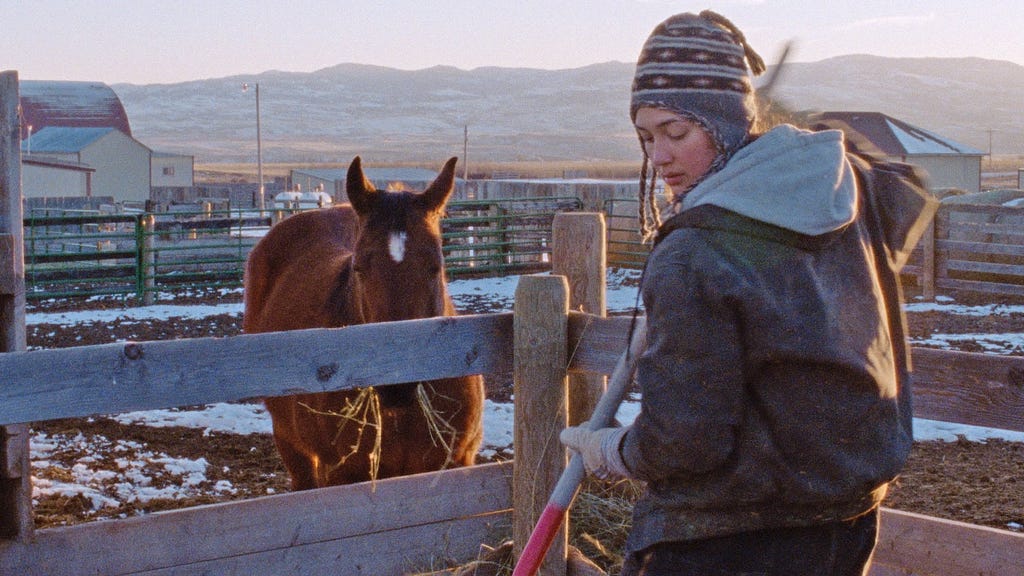
Certain Women
Adapted from Both Ways Is the Only Way I Want It, by Maile Meloy
Writer/Director Kelly Reichardt gets extra credit for the level of difficulty on this adaptation, which was based on Maile Meloy’s 2009 collection of short stories. Certain Women has a few unifying strands, but largely it’s a matter of tone and insight that bonds the stories of three different women in Montana. Laura Dern, Michelle Williams, and Kristen Stewart star, and all turn in strong, subtle performances (not to mention the excellent Lily Gladstone, in a supporting role). But it’s Reichardt’s (and Meloy’s) lived-in, deeply felt connection to the landscape that leaves the strongest impression of all.
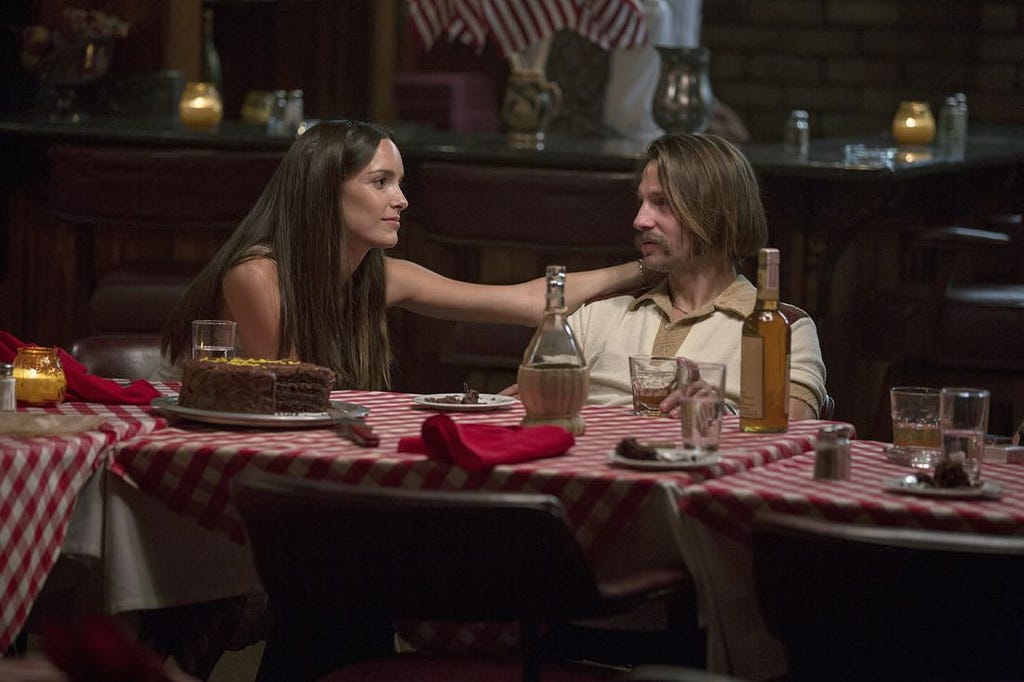
Quarry
Adapted from the Quarry series, by Max Allan Collins
Mac Conway leaves Vietnam and goes home to Memphis in 1972. He’s hardened by war, disconnected from his family, and known to enjoy the occasional drink. Naturally, he’s preyed upon by the Delta/Mississippi River criminal element and eventually pressured into taking on a new trade — as a hit man. Quarry was adapted from the novels of Max Allan Cullins and stays brutally true to the hard living, hardboiled world that earned the author a cult following. The show’s impeccable eye for era detail isn’t quite on Matt Weiner’s level, but it’s not too far off, and the dialogue is sharp enough to provide a bit of light amidst the bleak world-view, especially when delivered by quality actors like Damon Herriman. (Somehow it makes sense that between Justified and Quarry, it’s an Australian actor giving us these unforgettable characters from the underbelly of the US South.)
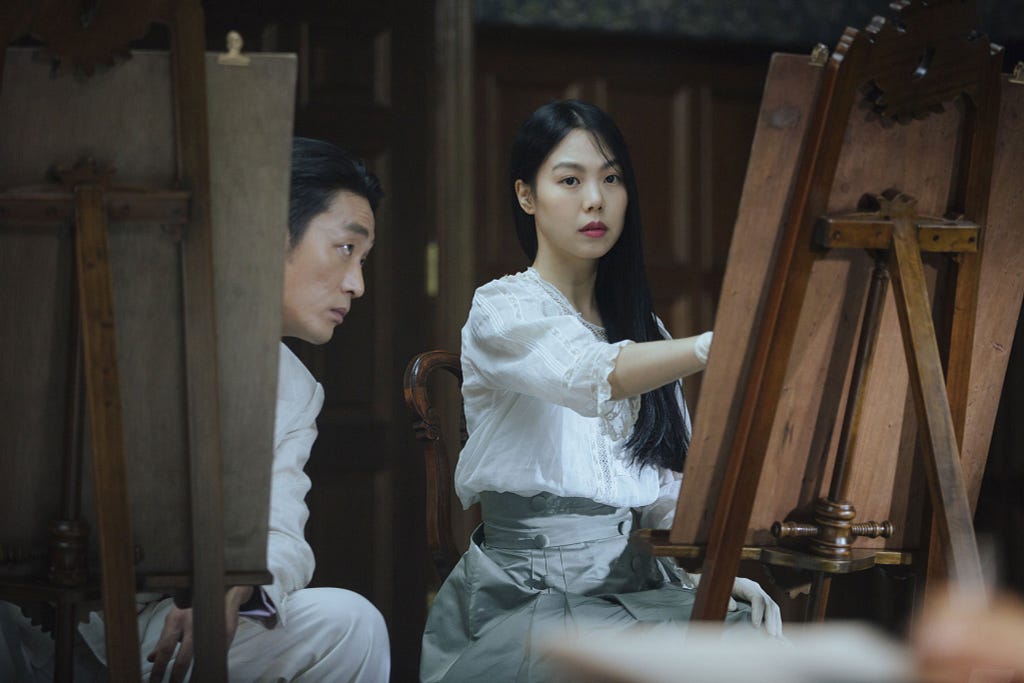
The Handmaiden
Adapted from Fingersmith, by Sarah Waters
Sarah Waters’ Fingersmith is a Dickensian tale of orphans, inheritances, and corruption in Victorian Era England. Park Chan-wook’s The Handmaiden is an erotic thriller set in an asylum in Korea during the Japanese occupation. Aren’t adaptations great? Both film and book will leave you unsettled, and maybe that’s more than enough of a connection, so long as two big storytelling talents are communicating in their own strange way. Like Oldboy, The Handmaiden will have you clawing at the armrests from time to time. It will also burn some truly astounding images into your memory bank.
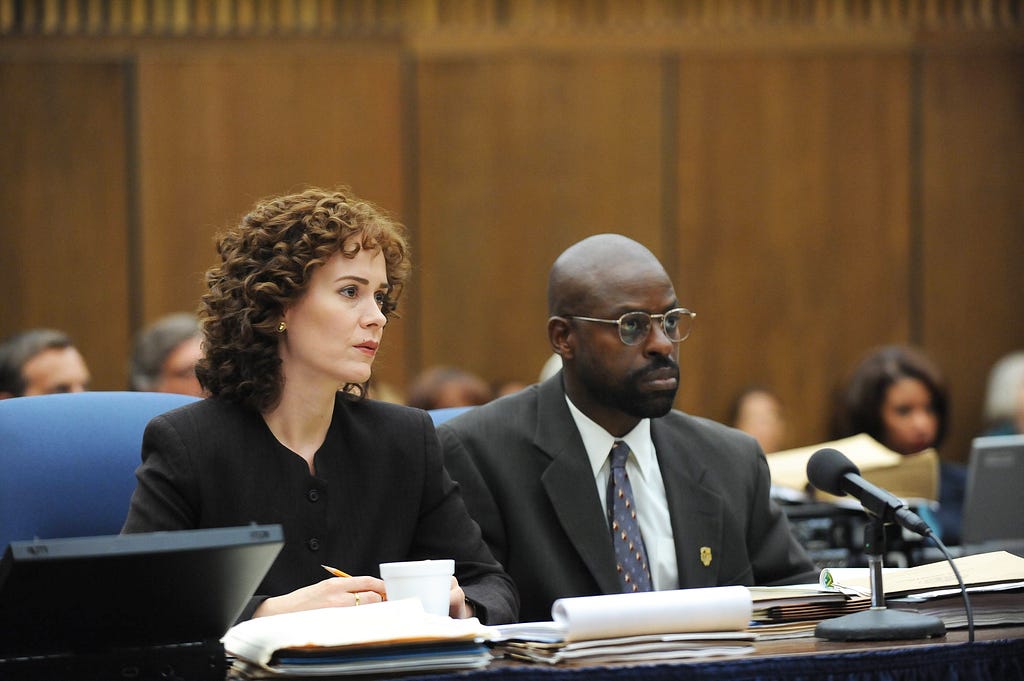
The People v. O.J. Simpson: American Crime Story
Adapted from Ride of His Life: The People v. O.J. Simpson, by Jeffrey Toobin
In 2016, FX’s OJ mini-series dominated the pop culture conversation like no other series, except maybe that one about “tits and dragons.” Ryan Murphy and his insanely productive team managed a pretty remarkable trick — luring us in with what we knew (the trial was, after all, one of the most covered events in modern American history), then teasing out everything we didn’t. Historical legacies were entirely reshaped, most notably those of Johnnie Cochrane (played by Courtney B. Vance) and the rising feminist icon, Marcia Clarke (Sarah Paulson). For a couple months, we were all re-living the insanity that was the OJ Trial, only this time we had another twenty years of celebrity worship, racial tension, and police misconduct to reckon with.
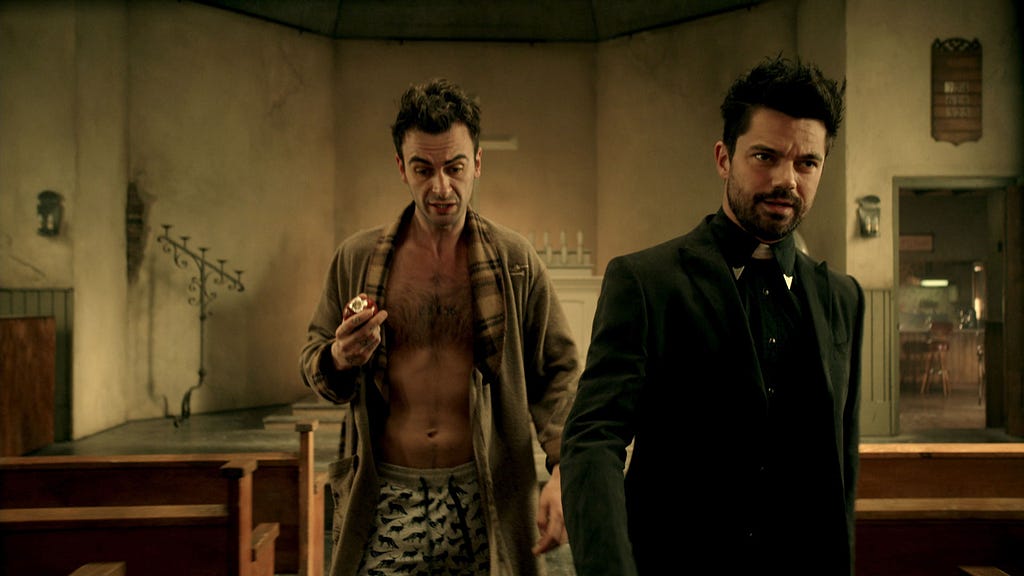
Preacher
Adapted from DC Vertigo comic, created by Garth Ennis and Steve Dillon
Preacher, the comic series created by Garth Ennis and Steve Dillon, was long thought to be immune to adaptation — too violent, too obscene, too all-around batshit crazy. But the unlikely team of Evan Goldberg, Seth Rogen and Sam Catlin actually pulled it off, bringing to AMC a show that doesn’t skimp on the gore, but pulls it off with wit, visual style and — yes — real emotional connections between multi-faceted characters. A Texas preacher, an Irish vampire, a single mom organist, a gunslinging man-chewing ex — in its own way, Preacher has as rich a tapestry as any show on television, and at least with Leftovers on hiatus and Young Pope still to come, it offers up one of the more complex (and troubling) visions of religion’s place in our culture.
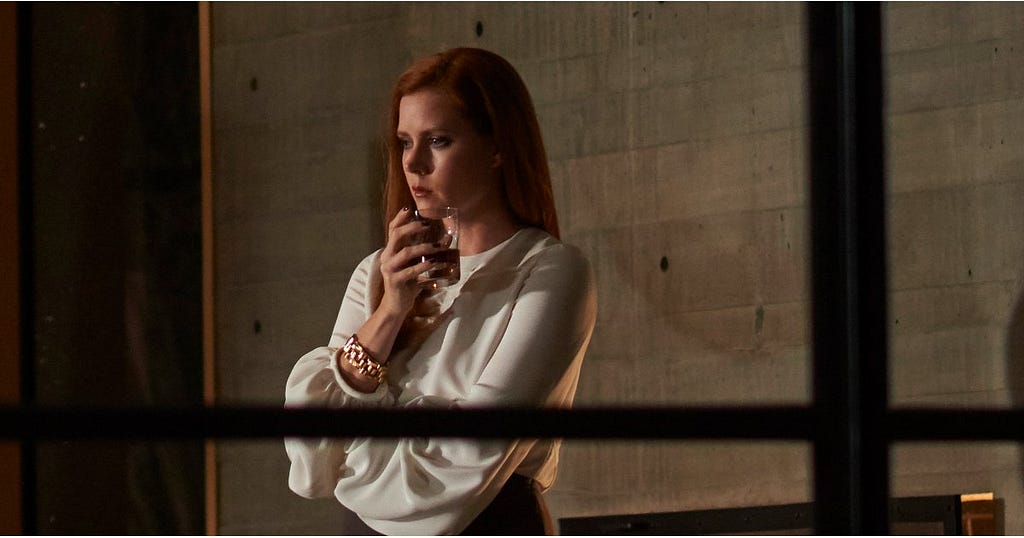
Nocturnal Animals
Adapted from Tony and Susan, by Austin Wright
Tom Ford’s newest film, based on Austin Wright’s 1993 novel, isn’t the quiet meditation fans of A Single Man might be expecting. Yes, the framing is poignant and beautiful, and okay, the movie allows for meaningful silence, but there’s enough story packed into Nocturnal Animals to fill up a multiplex. Three layers of fiction to be precise: Amy Adams’ present-day gallery owner, whose ex-husband sends a manuscript dedicated to her; her recollections of their relationship, played out in another strand; and the plot of the ex’s manuscript, a high-octane thriller. The perspective shifts are dizzying in the best possible sense, and the result is a surprisingly intimate and powerful portrait of a relationship gone bad.
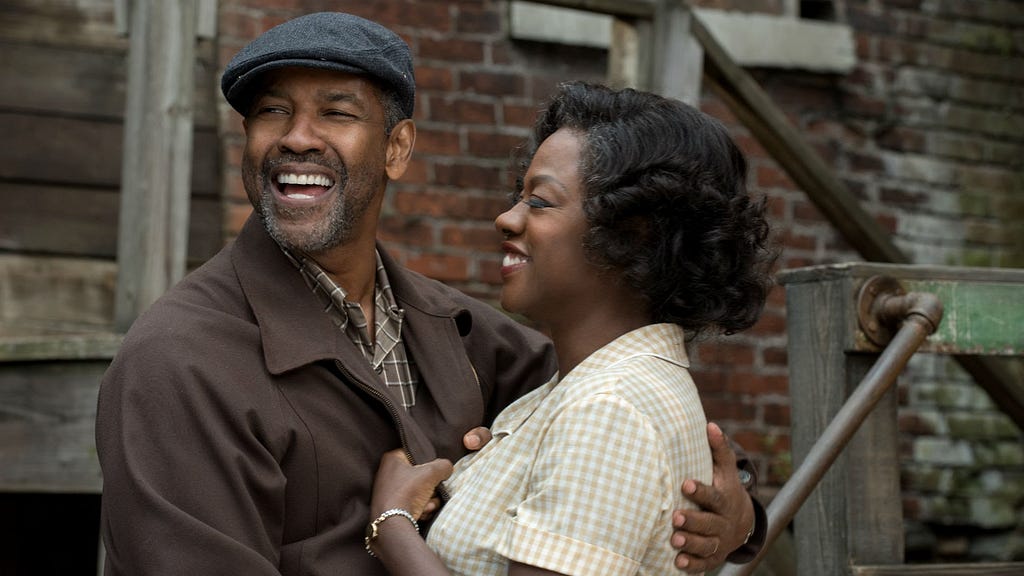
Fences
Adapted from Fences (play), by August Wilson
Okay, this one hasn’t come out yet, so really we’re just guessing, but come on — it’s August Wilson and Denzel Washington. And Viola Davis. At the moment, it’s the odds-on favorite for the Best Adapted Screenplay Oscar.
Honorable Mention
Moonlight
Look, this would have been on the list. It would have topped the list, if we were doing things in order. But apparently the screenplay is being treated as an original, rather than an adaptation, possibly because Barry Jenkins wrote the script (with story by Tarell Alvin McCraney) based on an unpublished, unperformed play that McCraney was working on at the Borscht arts collective in Miami. It’s all too complicated to piece together here, but for the record, Moonlight is phenomenal. Everyone should see this movie.
The Man in the High Castle
It’s not the greatest show on TV, but it’s pretty good, and based on the Philip K. Dick novel about a fascist America that’s suddenly looking fairly prescient.
Love & Friendship
Do you like Whit Stillman? Do you also like Jane Austen. Then here you go.
Lion
A helluva story. Really, just a helluva story. The movie will shatter you.






